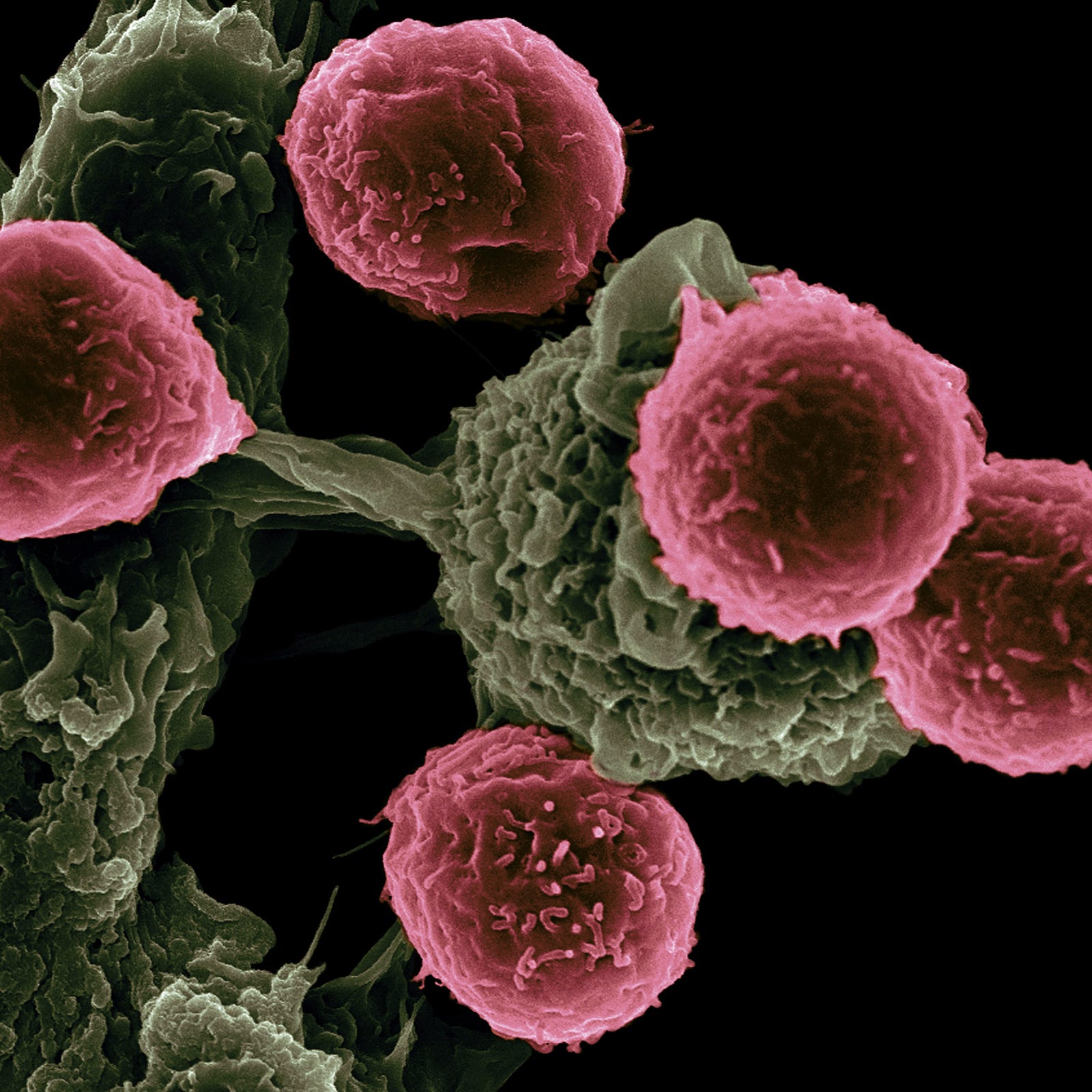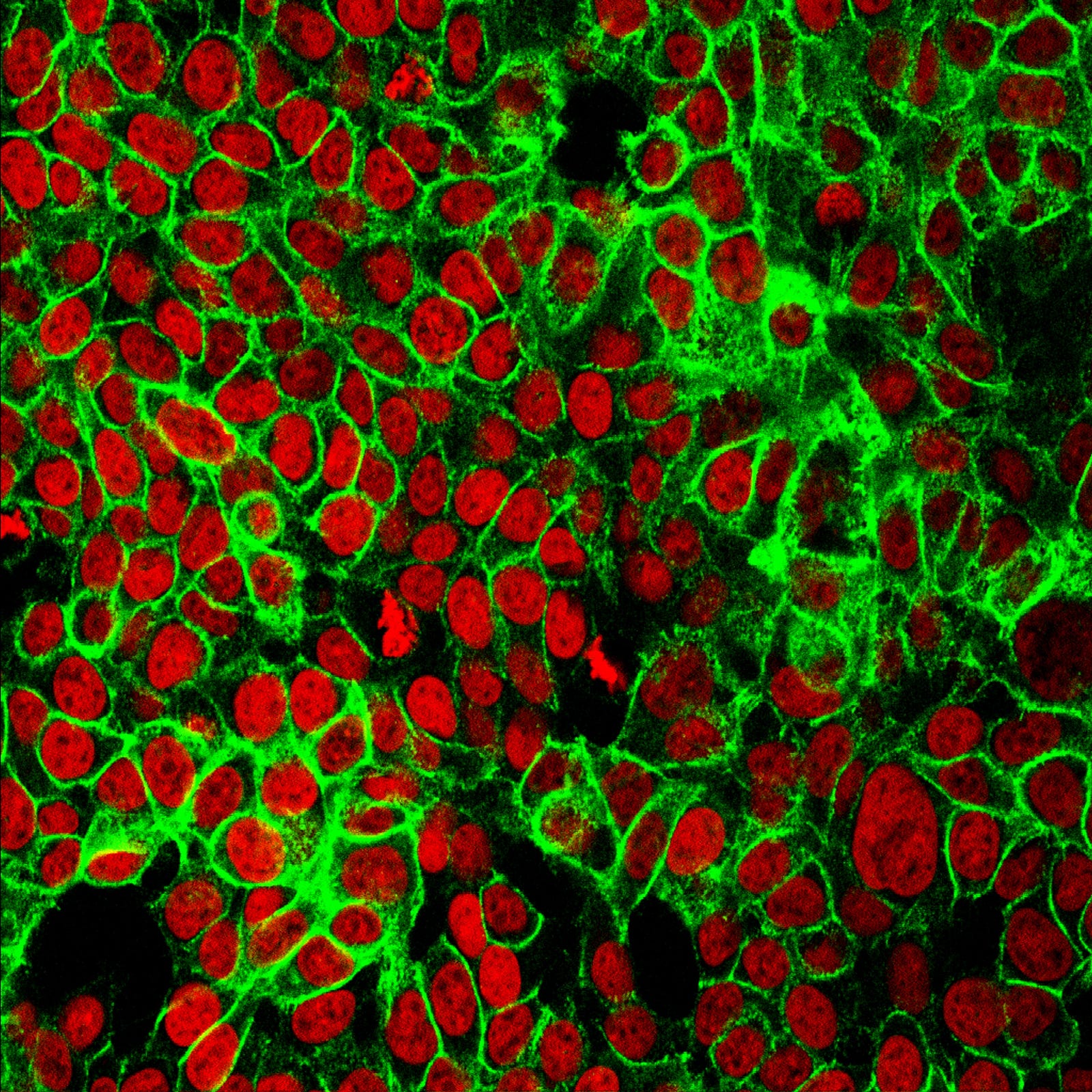A NEW STUDY USED MACHINE LANGUAGE — ARTIFICIAL INTELLIGENCE (AI) to develop a model to determine the prognosis for patients with resectable lung cancer. Today, we explore how we can use AI in cancer management.
Scientists are studying the environment around tumors, especially the different types of immune cells present.
This field is immuno-oncology. As researchers learn more about specific traits related to the immune system and tumors, finding markers to predict how well a person will respond to certain cancer treatments becomes easier.
Today’s essay explores how artificial intelligence can help us determine a prognosis for individuals with lung cancer.
Current State of Affairs
People can react differently to the same cancer treatment, so it’s crucial to find markers to tell us which treatment will work best for each individual.
Unfortunately, we don’t have many tumor markers, especially ones tested in large clinical trials.

So, researchers are working to increase our knowledge in this area to improve how we can predict and treat cancer more effectively.
Current Lung Cancer Prognosis System
Doctors like me use a system called TNM (tumor–node–metastasis) to figure out how advanced non-small-cell lung cancer (NSCLC) is and what the best treatment might be.
It’s a gold standard for staging lung cancer and helps predict how well someone might do with their treatment.
But here’s the thing: even if two people have the same stage of cancer, according to TNM, they can still have different outcomes.
So, researchers are looking into a new idea. They wonder if we should include information about the body’s natural defense against tumor immunity in the staging process.
This newer approach could make the staging and prediction of outcomes more accurate.
Enter The Immune System
Researchers have been exploring the immune system’s response in the tumor area, specifically at certain immune cells called CD8+ and CD3+ T lymphocytes.
These immune cells are like the body’s soldiers fighting against cancer. Studying them in different tumor parts may improve how we understand and treat lung cancer.
This approach may also be helpful for other types of cancers like gastrointestinal (GI) and breast cancer. The use of T lymphocytes for GI cancers is controversial, however.

In the past, researchers have found that looking at the immune system’s activity in and around the tumor can help predict how well patients with early-stage lung cancer will do after surgery.
It has also given insights into how the immune system responds to treatments like immunotherapy for more advanced lung cancers. This approach could be a big step in making cancer treatment more personalized and effective.
A New Study: AI and Lung Cancer Prognosis
Norwegian researchers recently published their findings in the Annals of Oncology. All of the patients had the most common form of the disease, non-small cell lung cancer.
The investigators developed a robust model capable of examining the immune phenotype of patients with resectable lung cancer and creating strong prognostic models.
The team used machine learning to sort tumors into three groups: inflamed, altered, and desert. They did this by examining how a specific type of immune cell, CD8+ T cells, was spread out in groups.
This approach allowed the researchers to understand better how the immune system interacts with cancer in different patients.
AI and Cancer – Other Uses Artificial Intelligence
This work is not the first to use artificial intelligence to help determine cancer prognosis.
Writing in The Lancet and The Lancet Oncology, Oxford University’s Dr. David Kerr and partners used digital pathology.

In essence, researchers interrogate pixels from digital images of cancer cells. The machine learned to differentiate good pixels (associated with a good prognosis) from bad ones.
Final Thoughts — AI and Cancer
Artificial intelligence is everywhere.
So often, we hear about its potential application for nefarious purposes.
In conclusion, I am delighted to share the other side of the AI coin: how artificial intelligence can help us manage cancer.
Thank you for reading “AI and Cancer.”




